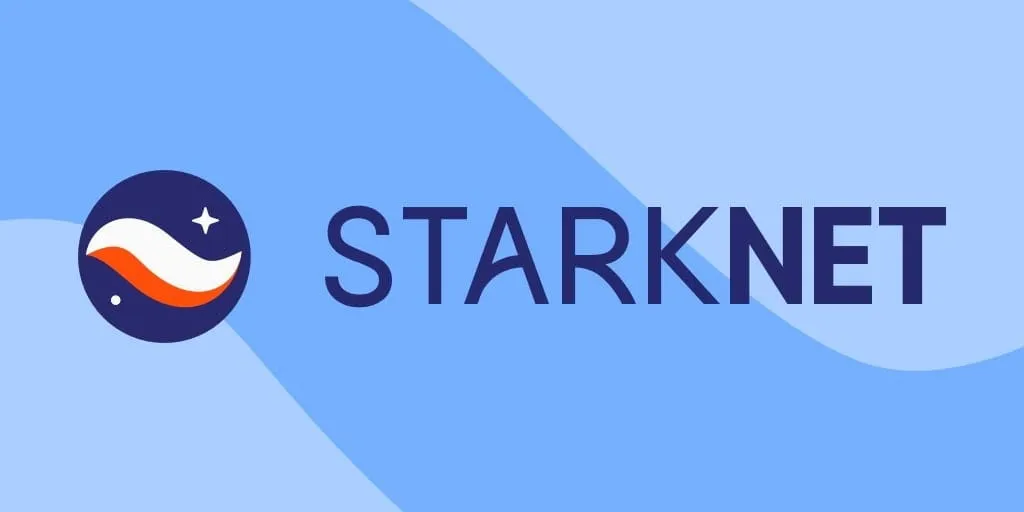Starknet, an Ethereum layer-2 network celebrated for its recent $2.3 billion STRK token airdrop, is set to enhance its platform with a new feature known as “parallel execution.” This upgrade, part of Starknet’s 2024 roadmap and expected to launch in the second quarter, promises to significantly increase transaction speeds and efficiency by allowing for simultaneous transaction processing.
Multitasking for Rollups
Dubbed as “multitasking for rollups,” this feature aims to address and alleviate bottlenecks that currently slow down transaction flows. Eli Ben-Sasson, CEO of StarkWare and a Starknet Foundation board member, likened the upgrade to expanding a subway station’s entrances to better manage congestion, ensuring smoother and more rapid transit of transactions through the network.
Improving Throughput and Finality
The incorporation of parallel execution into Starknet’s sequencer—a crucial layer-2 component that aggregates transactions for final settlement on the Ethereum network—will notably enhance the platform’s throughput and the speed of L2 finality. This move is geared towards mirroring the performance advantages seen in rival blockchain networks like Solana, known for their quick and cost-effective transaction capabilities.
Starknet’s Position and Future Plans
Although currently ranked sixth in total value locked (TVL) among layer-2 networks, with a TVL of $1.4 billion according to L2Beat, Starknet stands as the largest among ZK Rollups. These networks utilize zero-knowledge cryptography for expedited settlements. Beyond parallel execution, Starknet’s roadmap includes initiatives aimed at reducing fees for its users, such as the “Volition” project for data availability and “DA compression” to minimize the network’s data footprint on Ethereum, thereby translating to lower costs for end users.
This suite of upgrades underscores Starknet’s commitment to enhancing scalability, speed, and affordability, bolstering its competitiveness in the crowded Ethereum layer-2 landscape.
